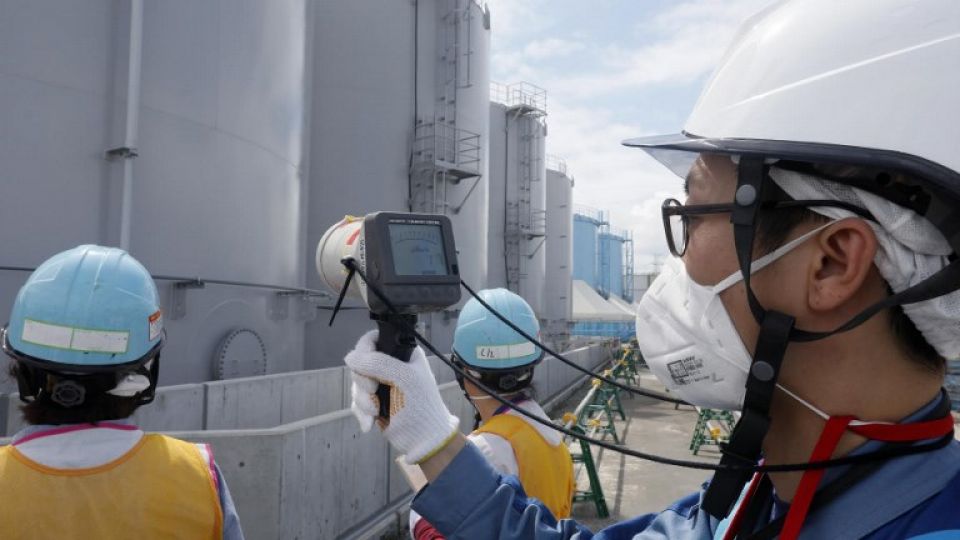February 4, 2020
In an attempt to curb the spread of the novel coronavirus which originated in Wuhan of Central China’s Hubei province, Hong Kong closes five more immigration checkpoints at the border with the Chinese mainland starting Tuesday.
Hong Kong closes five more immigration checkpoints at the border with the Chinese mainland starting Tuesday, in an attempt to curb the spread of the novel coronavirus which originated in Wuhan of Central China’s Hubei province.
Only three checkpoints – Hong Kong International Airport, Hong Kong-Zhuhai-Macao Bridge and Shenzhen Bay – will remain open starting from Feb 4.
Chief Executive Carrie Lam Cheng Yuet-ngor announced the new arrangement on Monday afternoon. The government had earlier closed six of the 14 checkpoints.
At a press conference, Lam said that the government would continue to prioritize the needs of front line medical staff and guarantee them sufficient supply of protective gears, including face masks.
Lam’s pledge came amid a strike by some doctors and nurses on Monday.
In addition, Lam called on Hong Kong residents to unite behind the government in containing the threat of a local outbreak and refrain from blocking the requisition of buildings for quarantine purpose.
Those who ignore public interest and resort to extreme measures to threaten the government will not succeed, said Lam.
Lam cited the close people-to-people relationship between the SAR and the mainland as the reason for not shutting down all checkpoints, saying there is a huge demand of cross-boundary travel, whether to work, transport cargos or visit relatives.
She added the latest move could concentrate all of the 1,000-plus custom staff at the three checkpoints remaining open, which will help improve medical observation and healthcare report of all visitors coming to Hong Kong.
Lam also dismissed the suggestion of banning all travellers who had recently visited the mainland to enter Hong Kong, as the government must treat every visitor in a fair way.
Lam said the previous closing of six checkpoints has effectively reduced the number of people crossing the boundary. Comparing with the number on Jan 30, visitors entering Hong Kong has reduced nearly 60 percent on Feb 2, according to Lam.


